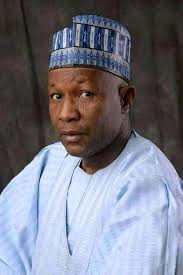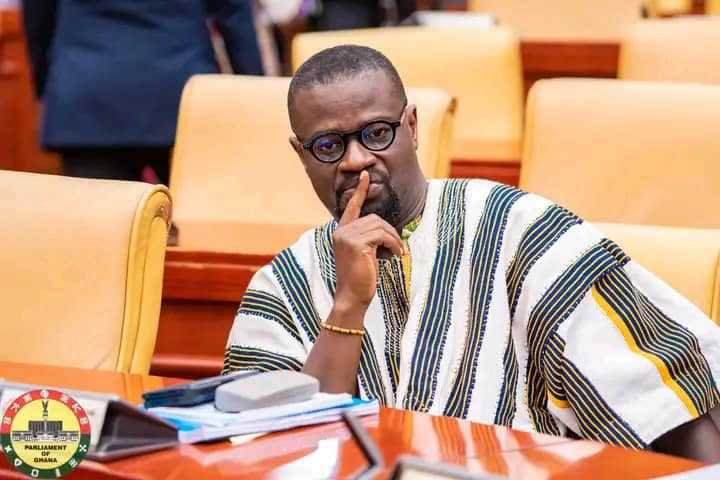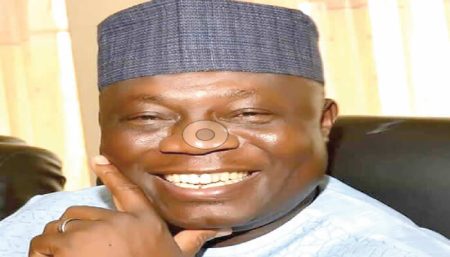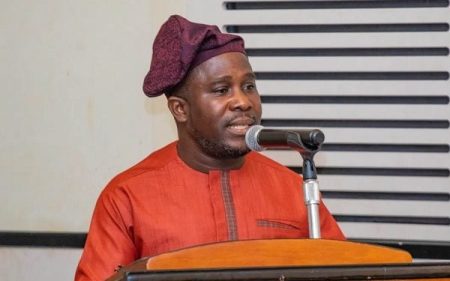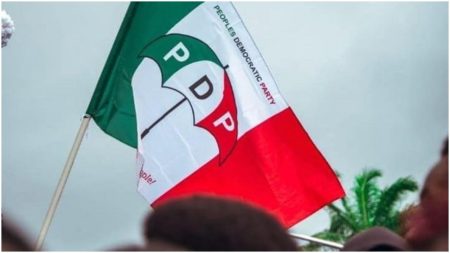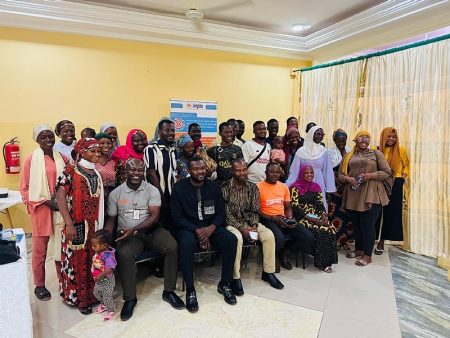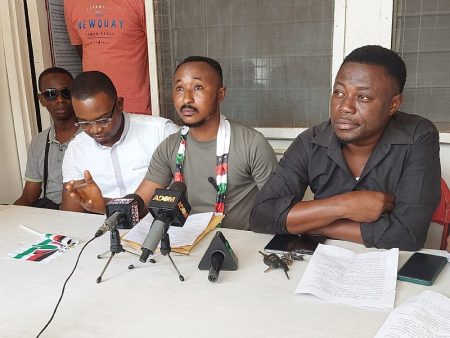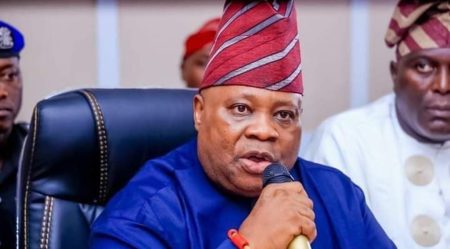Frank Annoh Dompreh, the Minority Chief Whip in Ghana’s Parliament, has publicly acknowledged his astonishment at the return of John Dramani Mahama to the presidency. Dompreh admitted to previously holding a firm belief that Mahama’s political career had reached its zenith after his first term ended in 2017. The scale of Mahama’s victory in the 2024 elections, securing a substantial 1.7 million vote margin, significantly impacted Dompreh, forcing him to re-evaluate his political predictions and acknowledge the unpredictable nature of political fortunes. This unexpected turn of events has led Dompreh to express a renewed understanding of the limitless power of divine intervention in human affairs, stating that the experience has served as a lesson in humility.
Prior to the 2024 elections, Annoh Dompreh was a vocal critic of Mahama, often expressing skepticism about the former president’s chances of regaining power. His pre-election commentary reflected a widespread sentiment among some sections of the Ghanaian populace and political circles that Mahama’s previous performance had diminished his appeal and electability. Dompreh’s confidence in Mahama’s political demise stemmed from perceived public dissatisfaction with his past administration and the feedback he claimed to have received. This conviction was so strong that he publicly dismissed the possibility of Mahama’s return to the presidency, a position he now openly recants.
The stark contrast between Dompreh’s pre-election pronouncements and the actual outcome of the 2024 polls underscores the dynamic and often unpredictable nature of electoral politics. Dompreh’s prior assertions, coupled with his current admission of misjudgment, serve as a testament to the fluidity of public opinion and the potential for political resurgence even when prospects appear bleak. It also highlights the importance of remaining open to unforeseen possibilities in the political arena, where seemingly entrenched perceptions can be rapidly overturned by the evolving will of the electorate.
Dompreh’s pre-election criticism of Mahama went beyond mere skepticism; it included sharp rebukes and personal attacks. In one instance, he took to social media to express his incredulity at Mahama’s decision to contest the presidency again. He went further to suggest that even members within Mahama’s own party, the National Democratic Congress (NDC), were weary of his leadership and were merely biding their time before moving on. These statements reveal a deep-seated conviction on Dompreh’s part about the irreversible decline of Mahama’s political career, a conviction that was ultimately proven wrong.
Dompreh’s post-election reflections emphasize a significant shift in his perspective. He now acknowledges that his earlier assessments were flawed and that he underestimated both Mahama’s resilience and the potential for political change. His admission of having “eaten humble pie” speaks to the profound impact of the election results on his political outlook. The scale of Mahama’s victory, with its resounding 1.7 million vote margin, forced Dompreh to confront the limitations of his own political foresight and recognize the possibility of unexpected outcomes.
This experience has prompted Dompreh to publicly express a renewed appreciation for the unpredictable nature of political events and the potential for divine intervention in shaping human destinies. His statement that “anything is possible for God” reflects a newfound humility and a recognition that political predictions, however informed they may seem, can be overturned by forces beyond human control. This episode serves as a valuable reminder of the dynamism of the political landscape and the importance of remaining open to unexpected turns of events. It also underscores the potential for personal growth and transformation through the acknowledgment of past misjudgments and the embrace of new perspectives.


